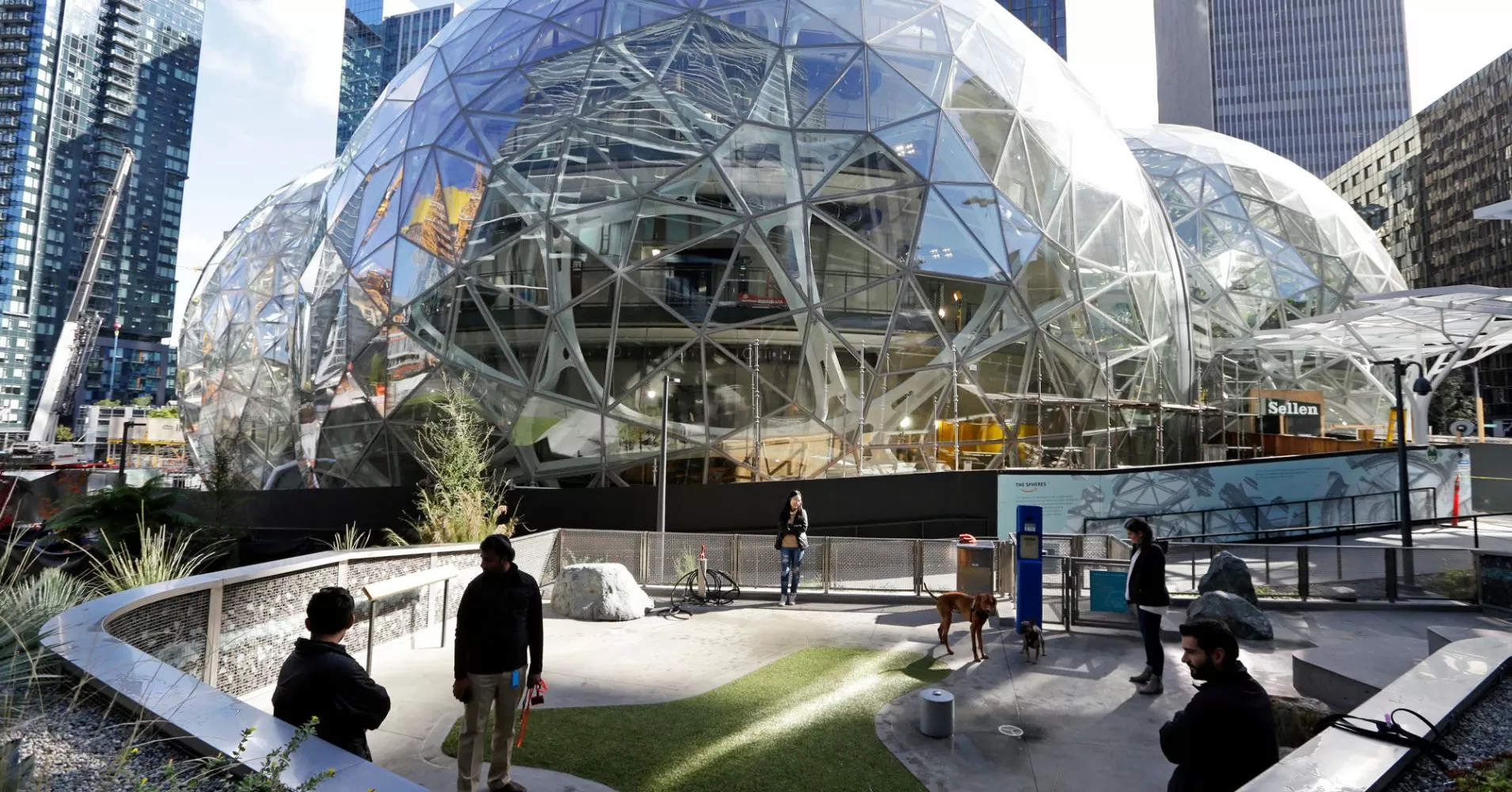Facepalm: Amazon's rush to get all its employees back in the office means some of its buildings won't be ready until months after the RTO deadline. It's a situation other companies, including Tesla, have faced as they try to return to the working status quo.

Amazon wants the entirety of its office staff back in their buildings for at least three days per week in May. But many of the offices won't be ready to support that many employees until months later.
Insider obtained an internal Amazon document titled 'Building Readiness Dates' that reveals the dates its office buildings will be ready to accommodate all the returning staff. It states that five out of the six corporate Amazon offices in New York City and four of the six locations in Austin aren't expected to be ready until September 1, 2023.
It's the same story for the offices in Cupertino and East Palo Alto, which also won't be ready for a full complement of employees until September, four months after the return-to-work mandate's deadline. Atlanta and Tempe fare slightly better with a July 1 readiness date. Offices in Boston, Irvine, and Chicago have yet to set a date.

Amazon Corporate Headquarters in Seattle is one office ready for returning workers
The report states that other Amazon office locations will be ready to welcome everyone back, including those around its Seattle headquarters and second HQ in Arlington, VA.
Some of the readiness factors include ensuring networks, Wi-Fi access, desktop equipment, conference room setups, and other amenities can support the capacity and demands of all returning workers.
Like other companies that prefer its employees in the office, such as Apple, Amazon boss Andy Jassy believes in-person work makes collaborating easier and more effective. And, as was also the case with Cupertino, it led to a mass petition from employees demanding Amazon execs reconsider the mandate. Amazon's head of HR rejected the demands.
It's somewhat surprising that many Amazon offices aren't ready for the returning workers, given that the tech giant is letting go of 27,000 people. It was originally 18,000, announced last year, but Jassy said in March that an extra 9,000 employees would be losing their jobs.
We've seen the consequences of rushed return-to-work mandates before. Elon Musk told Tesla and SpaceX staff last year that they could either return to the office for a minimum of 40 hours per week or quit. So many Tesla workers rushed back to the Fremont, California, plant that it caused a lack of desks, inadequate seating, overloaded WiFi, and not enough parking spaces. The shortages were still posing a problem months later.
https://www.techspot.com/news/98268-many-amazon-offices-wont-ready-returning-workers-until.html